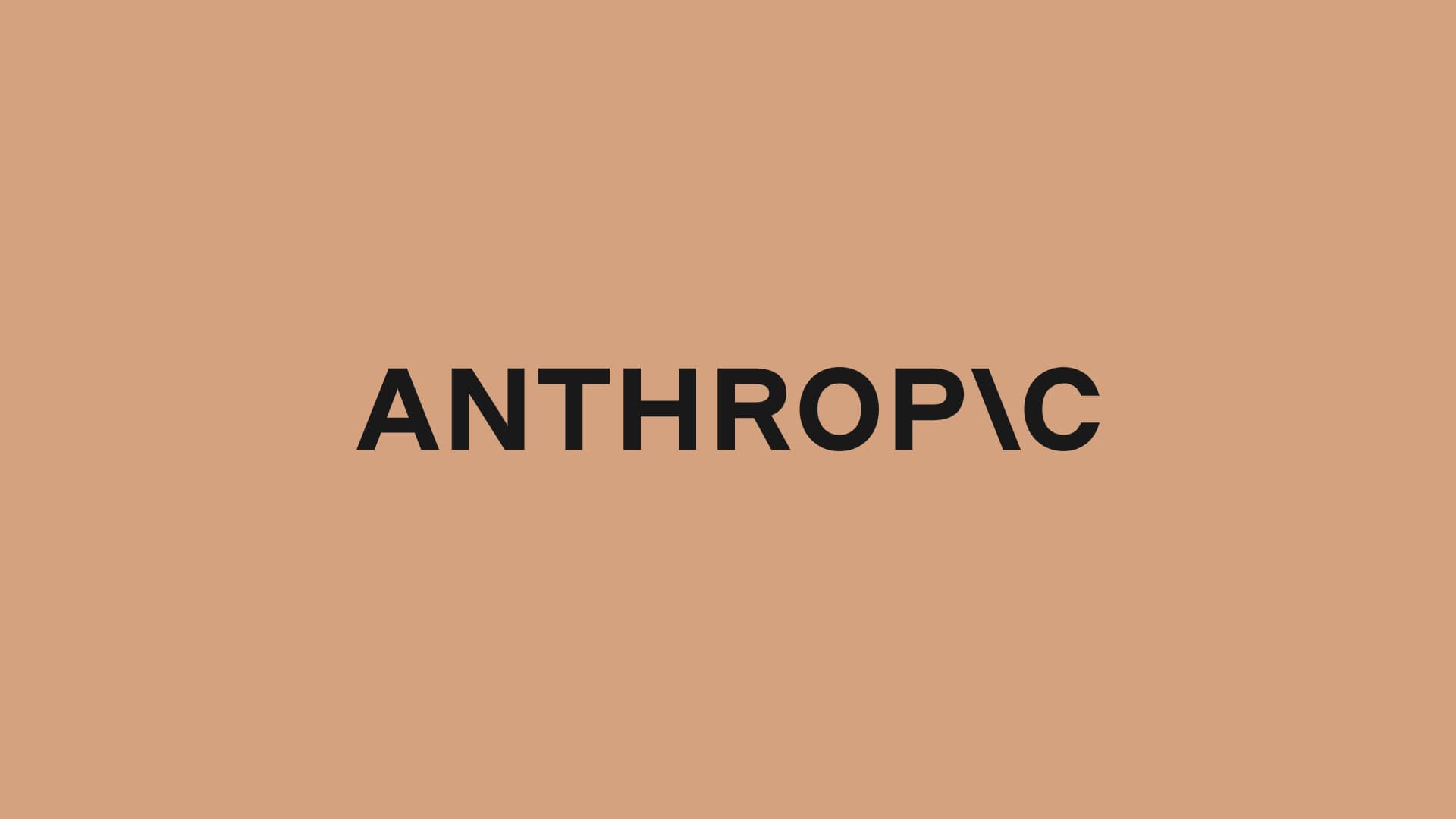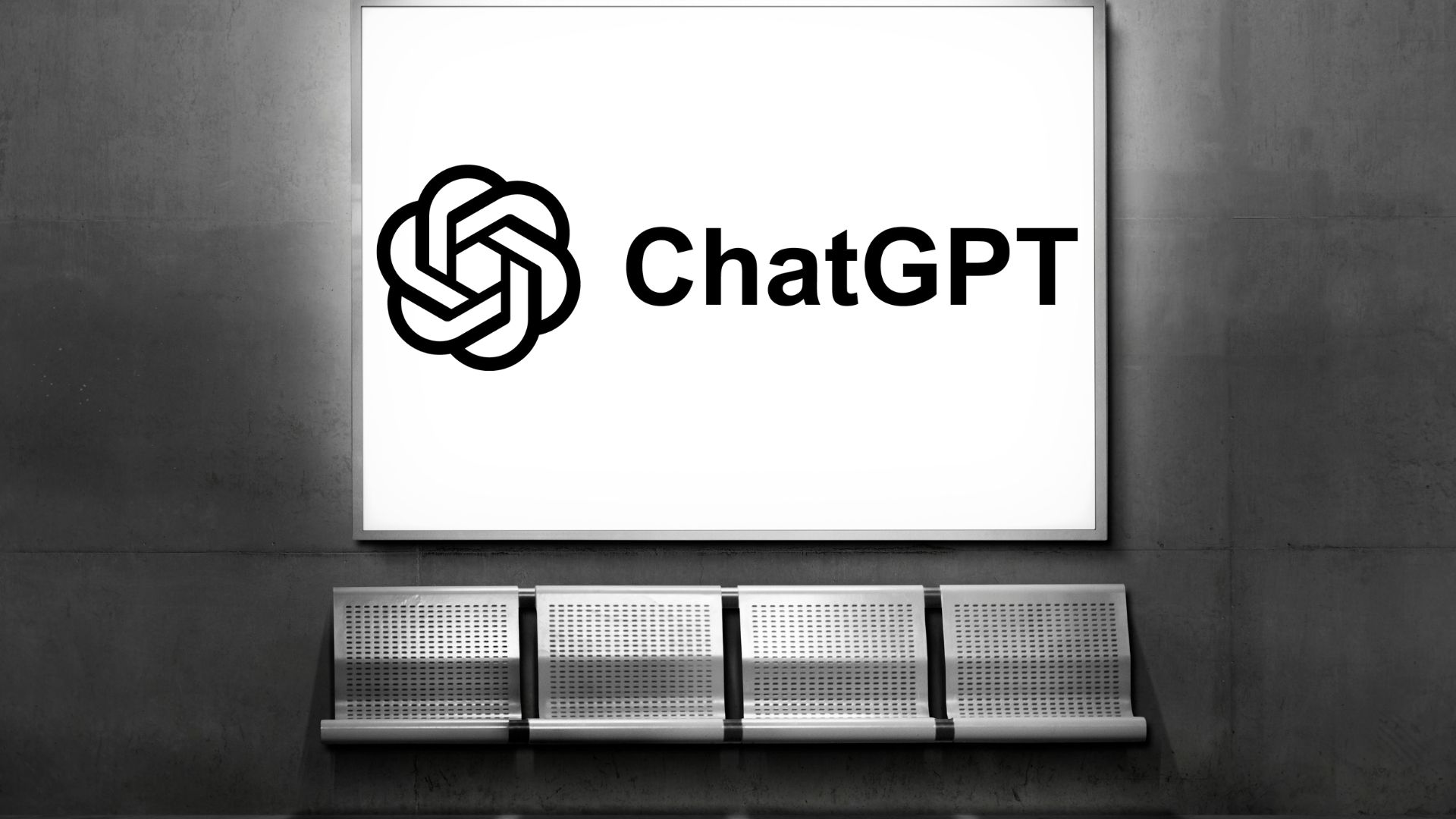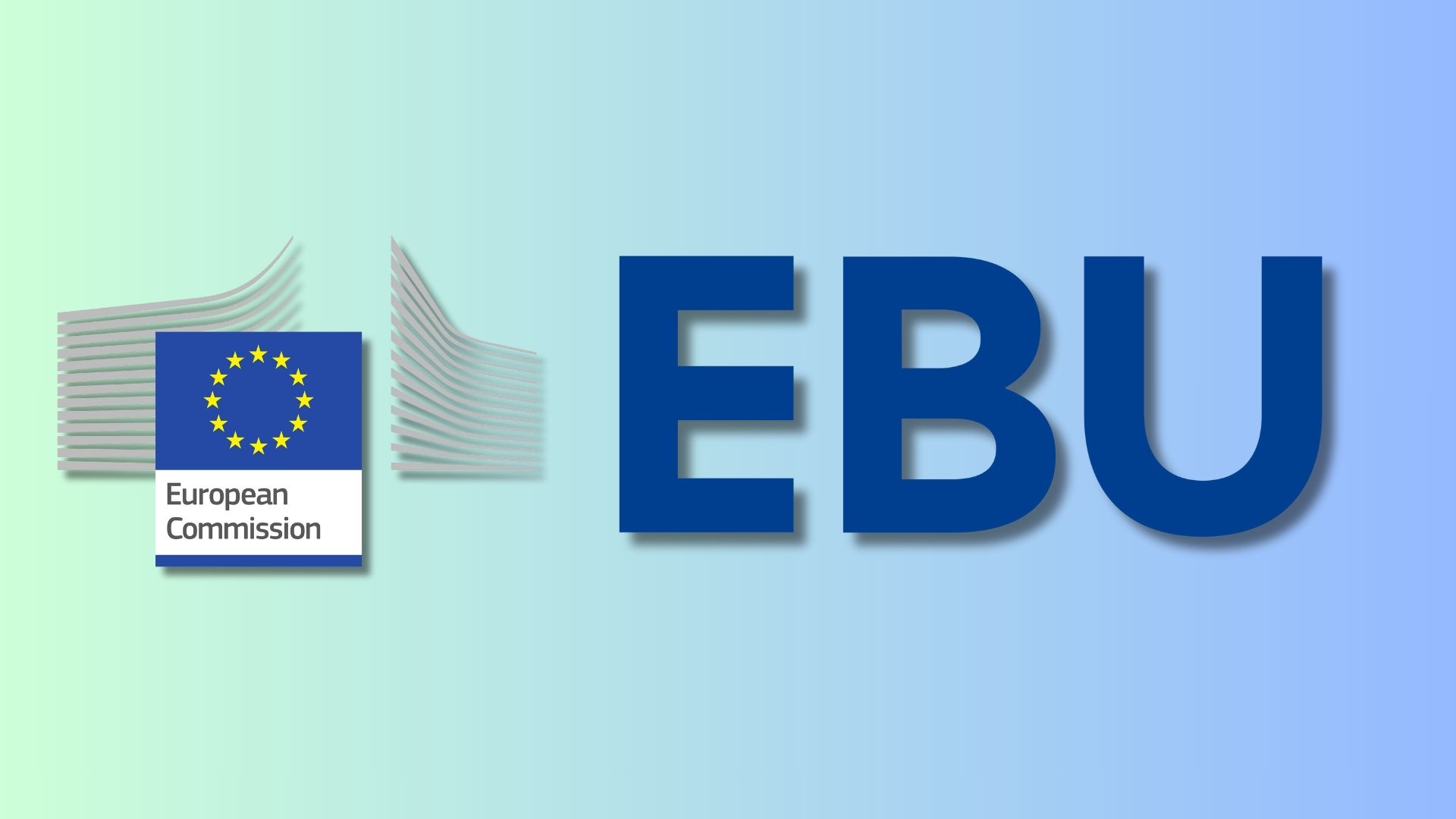US AI company Anthropic’s expansion into India has triggered a legal dispute with a Bengaluru-based software firm that claims it has used the name ‘Anthropic’ since 2017. The Indian company argues that the US AI firm’s market entry has caused customer confusion. It is seeking recognition of prior use and damages of ₹10 million.
A commercial court in Karnataka has issued notice and suit summons to Anthropic but declined to grant an interim injunction. Further hearings are scheduled. The local firm says it prefers coexistence but turned to litigation due to growing marketplace confusion.
The dispute comes as India becomes a key growth market for global AI companies. Anthropic recently announced local leadership and expanded operations in the country. India’s large digital economy and upcoming AI industry events reinforce its strategic importance.
The case also highlights broader challenges linked to the rapid global expansion of AI firms. Trademark protection, brand due diligence, and regulatory clarity are increasingly central to cross-border digital market entry.
Would you like to learn more about AI, tech, and digital diplomacy? If so, ask our Diplo chatbot!









